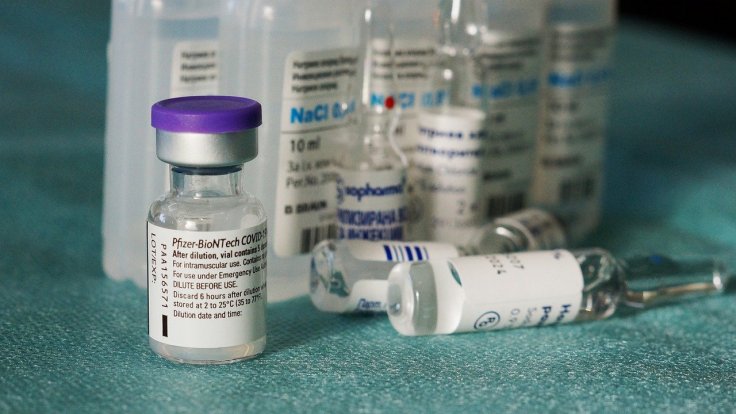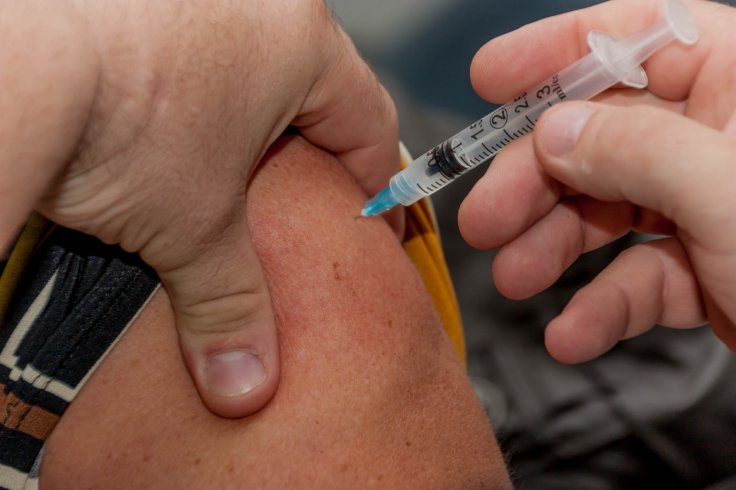A third doze of Pfizer-BioNTech vaccine can strongly boost protection against the deadly Delta variant of coronavirus, beyond the two standard doses, according to new data released by Pfizer. The third dose, according to the data, can boost anybody levels five-fold, which can effectively protect an adult from the Delta virus.
The data, which involved tests of 23 people, has not yet been peer-reviewed or published. It's not clear if boosted antibody levels actually correlate to better protection, or if that extra protection is even needed.
Another Protective Layer

According to the new study by Pfizer, a third dose of its COVID-19 vaccine, beyond the two standard doses, can boost antibody levels against the Delta variant in people aged between 18 and 55 five-fold. The older a person, the effect is more, the study suggest.
Among people aged between 65 and 85, the study suggests that antibody levels that should protect against Delta grow 11-fold more than following a second dose.
Although the data hasn't been peer reviewed or published, tests show that antibody levels are a lot higher after a third dose than a second dose against the original coronavirus variant and the Beta variant, which was first identified in South Africa.
The study, posted on Wednesday to the online server medrxiv.org, updates results from Pfizer's trial involving 44,000 volunteers around the world. It found the overall efficacy was about 91% during the six months. Vaccine efficacy against severe Covid-19 was about 97%, the data show.
The new study comes amid escalating cases of COVID-19 infections due to the Delta variant, which has also compelled the Centers for Disease Control and Prevention (CDC) to reinstate some restrictions including wearing masks for fully vaccinated people if they are indoors in a public place. However, the CDC hasn't yet recommended booster shots, despite the Delta variant creating another wave of infections nationwide.
Fears Escalate

Also, the CDC hasn't issued any new guidance regarding the third dose as it has been stressing that the current vaccines protect people well against all the common variants. However, two Duke University physicians said they expect that guidance to change sooner rather than later.
"The question of when to boost and what to boost with is still an open question," said Dr. David Montefiori, of the Duke Human Vaccine Institute. "If there is an increase in breakthrough infections that lead to more severe disease, that is going to be the trigger to say, now is the time to start boosting people."
"Breakthrough" infections are cases in which fully vaccinated people contract the virus.
Pfizer too believes that a third dose assures more protection as the antibody levels increase manifold. During a company earnings call on Wednesday morning, Dr. Mikael Dolsten, who leads worldwide research, development and medical for Pfizer, said, that the result of the study are "encouraging."
"Receiving a third dose more than six months after vaccination, when protection may be beginning to wane, was estimated to potentially boost the neutralizing antibody titers in participants in this study to up to 100 times higher post-dose three compared to pre-dose three," Dolsten said in prepared remarks. "These preliminary data are very encouraging as Delta continues to spread."









